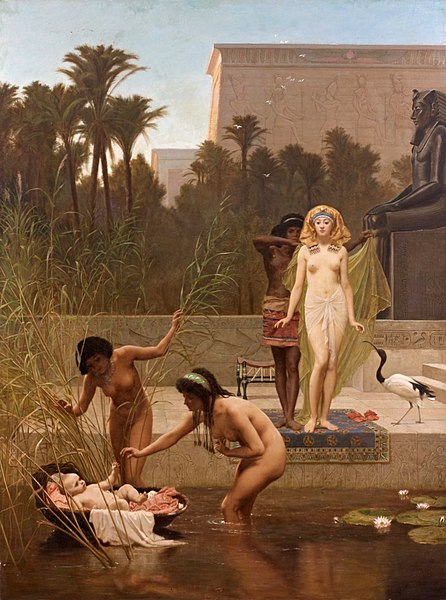By the bishop

1 Song
Harvest Moon By Neil Young
1 Quote
“Gentlemen, you will permit me to put on my spectacles, for, I have grown not only gray, but almost blind in the service of my country.”
George Washington
1 Idea
Schulz’s Razor.:
“Do not attribute to group conspiracy, that which can be explained by cancellation anxiety.” From the outside, it might look like everyone is coordinating to push some ideology or movement.
h/t Chris Williamson
1 Poem
Say not the Struggle nought Availeth
Say not the struggle nought availeth,
The labour and the wounds are vain,
The enemy faints not, nor faileth,
And as things have been they remain.
If hopes were dupes, fears may be liars;
It may be, in yon smoke concealed,
Your comrades chase e'en now the fliers,
And, but for you, possess the field.
For while the tired waves, vainly breaking
Seem here no painful inch to gain,
Far back through creeks and inlets making,
Comes silent, flooding in, the main.
And not by eastern windows only,
When daylight comes, comes in the light,
In front the sun climbs slow, how slowly,
But westward, look, the land is bright.
Arthur Hugh Clough
1 Picture
The FInding of Moses

1 Essay
A Conversation About “Intellectual Teachers” with Ben Riley
Ben: See, I knew you were the right teacher to ask about this. And I think you’ve made an important distinction among two types of “teaching intellectualism,” which pose related but somewhat distinct challenges.
The question of “how should I, a teacher, teach Johnny, this particular student” strikes me as essentially an engineering question. I’ve discovered the hard way that teachers hate the metaphor of “learning engineering,” yet it strikes me as apt — when teachers design a lesson or task for their students, they are trying to get them (the students) to think about something they otherwise might not be inclined to think about. Students are puzzles, and while they can never be fully solved, I think there are ways in which we can help teachers get better at “engineering” experiences that will help Johnny and his classmates learn.
You are right that we rarely give teachers formal ideas about what students are like, but this is where cognitive science can be helpful, right? We could make sure that teachers have at least a basic understanding of how our minds work, and then use that as the foundation for exploring questions about what to do with that knowledge in a teaching context. While we can’t just snap our fingers to make that happen, I at least see a roadmap to get there, and indeed, that’s the work we do at the organization I founded.
Which brings me to your second aspect of teaching as an intellectual craft. What I hear you saying is there’s a big gap right now between the largely theoretical knowledge produced by university professors and such, and the sorts of questions that might only be visible to people who actually spend most of their days with children. Unfortunately, as you hint at, there is no obvious path to make that more valued. I feel like periodically the idea of “teacher-researcher” floats around but never goes very far. The incentives just don’t exist. We could mount a policy push to create them, but that seems like a hard slog.
So what to do? Any ideas?
Michael Pershan
Emphasis (bold) found in the post
1 Question
How do we bear pain?
Massimo Pigliucci